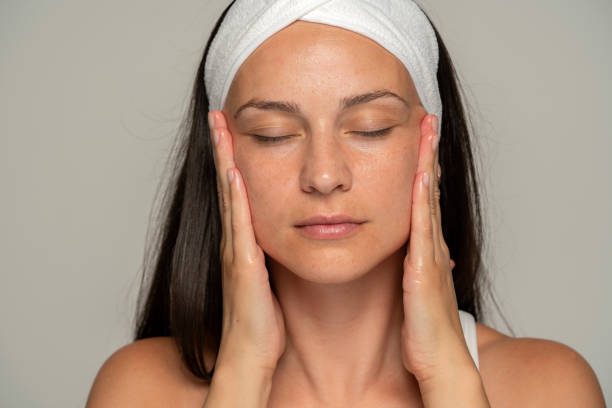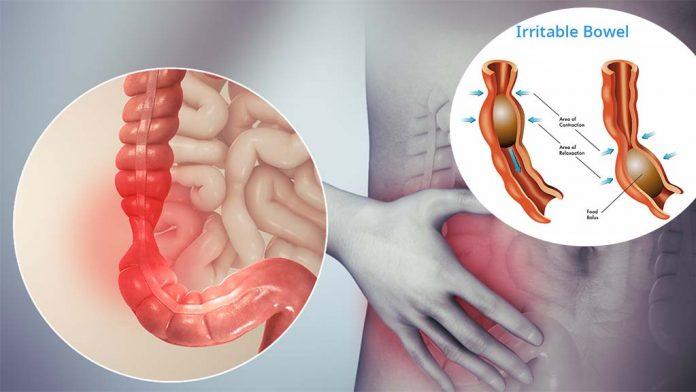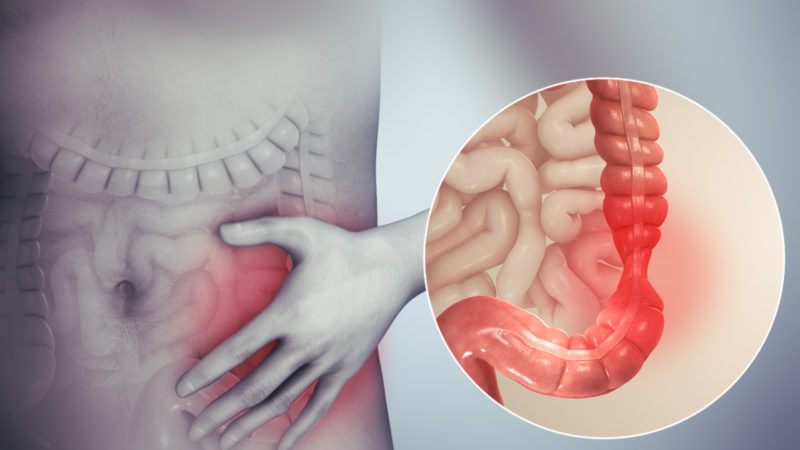Is Alcohol a Stimulant?

Yes, alcohol affects brain function, but you may be wondering how it does that. Is alcohol a stimulant? Not really. Let’s find out why.
Initially, alcohol leaves the stimulant effects like increased blood pressure, but it is a depressant that slows down the body. How it affects a person depends on different body chemistry, alcohol tolerance, and how much alcohol is ingested.
In this article, we will discuss whether alcohol is a stimulant or a depressant.
Stimulants vs. depressants
Depressants and Stimulants both affect the nervous system and brain functioning in opposite ways. Stimulants excite the nervous system, increase blood pressure, heart rate, and ultimately give you more energy.
When consumed in high doses, it can cause insomnia and make you impulsive and jittery. Caffeine is a true example of a mild stimulant. Cocaine is a strong version of a stimulant.
Depressants, on the other hand, slow you down by lowering your blood pressure and heart rate. It can help you feel relaxed and, when excessively consumed, can sedate you.
Benzodiazepine is a depressant drug to treat insomnia.
Some compounds fall in both these categories. Nicotine is one such example. It is categorized as both stimulant and a depressant.
Warning: you should never mix stimulants and depressants together. It can cause severe damage to your body with adverse side effects.
Read More- The Most Expensive Liquor in the World
Effects of Alcohol as a Stimulant:
Initial alcohol doses signal your brain to release dopamine or “the happy hormone,” which can make you feel energized and stimulated.
Alcohol also increases heart rate and leads to aggression in some people, which is a typical reaction of stimulants.
The stimulant effects on the body occur when the blood alcohol concentration reaches 0.05 mg/l. It is replaced by depressant effects when (BAC) reaches 0.08 mg/l, which is considered unsafe to drink and drive.
Another important thing to know is that alcohol has different effects on different people. There are a number of factors that influence the effects of alcohol on the body, including weight, chemistry, sex, dose, and alcohol intolerance.
Many calculators are available online to check how many drinks it takes you to reach these BAC levels. Some people even experience the stimulating effects of alcohol, while others experience the depressant effects.
According to researchers, people who experience stimulating effects are more at risk for alcoholism.
Depressant effects of alcohol
After alcohol leaves initial stimulant effects, depressant effects start to kick in by slowing down your nervous system, reducing blood pressure, mental clarity, and heart rate.
People who consume large amounts of alcohol have a slow reaction time and may feel disoriented, sedated, or sleepy. Higher consumption of alcohol can lower dopamine production and make you feel listless or sad.
Depressant effects from alcohol arise when the BAC reaches 0.08 mg/lo. When the BAC is 0.2 or higher, depressant effects become powerful on the respiratory system and can cause coma or death.
Final Words
Is alcohol a stimulant? We hope, by now, you are clear about the answers.
Alcohol is a depressant with stimulant effects. When consumed in small doses, it increases heart rate, impulsiveness, and aggression.
However, in larger quantities, alcohol can cause disorientation, sluggishness, and slow reaction time. It even reduces mental sharpness, heart rate, and blood pressure.
How alcohol will affect you depends on your body chemistry, alcohol intolerance, and how much you drink. Moderation is key to avoid any negative health effects of alcohol.
We hope this article was helpful to you; if you find this article informative, do not forget to leave comments down below.






